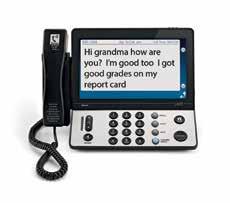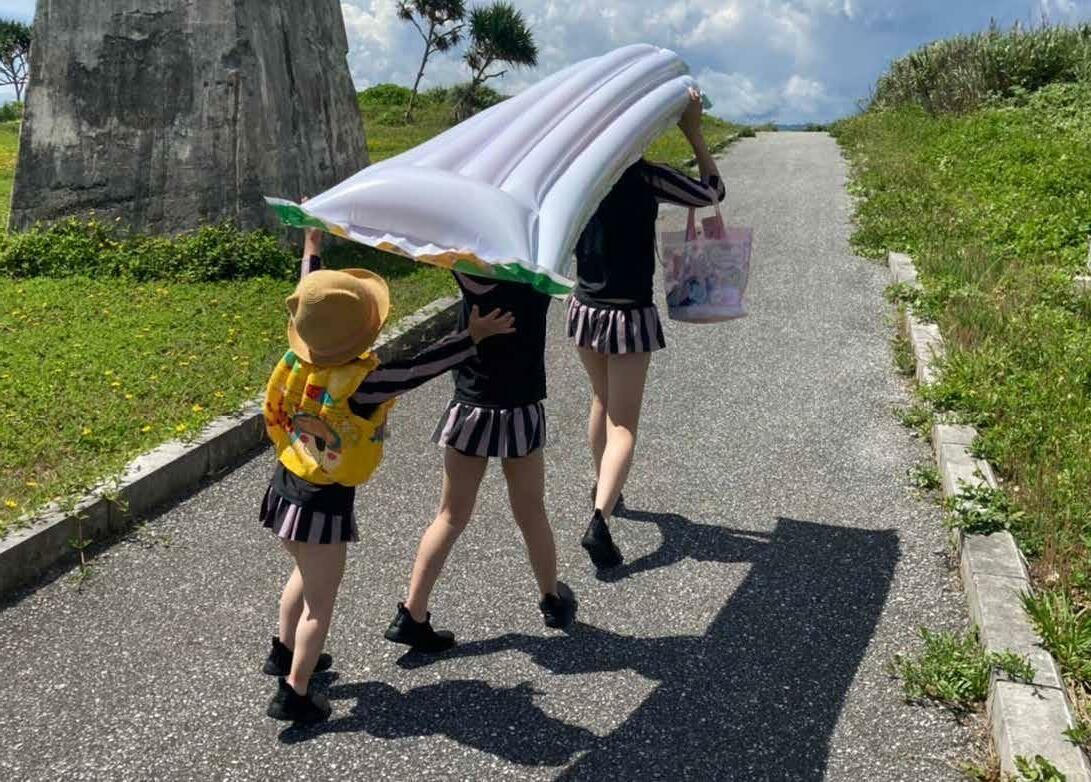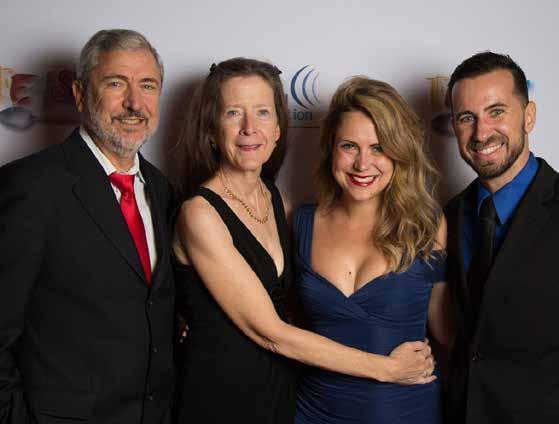living with hearing loss
hearing health foundati o n
From Dark Days to a Bright Future Networking among mothers of cochlear implanted children around the world leads to a solution for a young girl. By Sahar Reiazi Samin lives in Iran. A family friend, Soheila (above, center), accompanied her on the day her replacement cochlear implant processor was switched on. Through a network of cochlear implant families, Samin was able to receive a processor donated from Australia that was used and older—but just like the one she lost.
28
hearing health
hhf.org
Samin was born in a small village in the province of Mashhad in northeast Iran. She is the only person in her family who has a hearing loss. Doctors suggested cochlear implants, and even though her father did not have the money they opted to get the surgery. Her father borrowed the money he needed and Samin was unilaterally implanted in Iran when she was 7 years old. Teachers in her school were impressed as Samin proved herself a fast learner and a bright child. Samin turned 9 and her speech was progressing well. One day when she was riding the bus with her parents Samin dozed off. When they got off the bus, her parents realized the cochlear implant processor wasn’t on her ear. They were devastated. They searched and searched, contacted the bus company, and even filed a statement with the police saying her cochlear implant device had been lost. But the processor was gone. For the first time in two years, Samin had to experience silence. Her family was distraught. Samin cried every day for a month, until she just went silent and communicated with her family through lipreading (speechreading). Her elder brother by two years was upset for his sister, and asked their mother why Samin wouldn’t talk anymore. “I was so distressed that I would lay down all day depressed and hopeless,” Samin’s mom says. “I couldn’t muster up the energy to get up and cook for my own children.” Samin’s mom refers to that time as “the dark days.” They were still paying installments on Samin’s last device and could not afford to buy a new one. Though they appealed to different organizations, all said that due to the long waitlist it could be years until Samin was eligible for a new device—a device the family could not afford to begin with.














